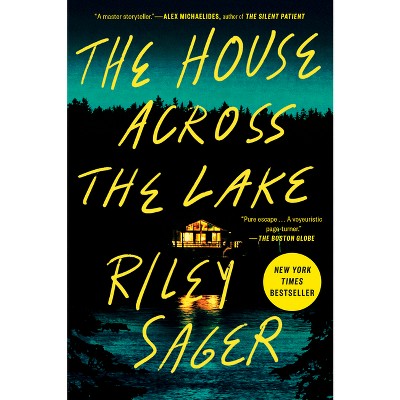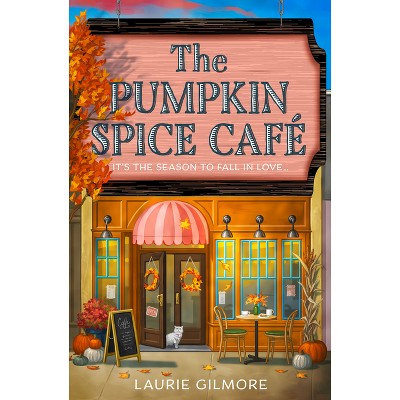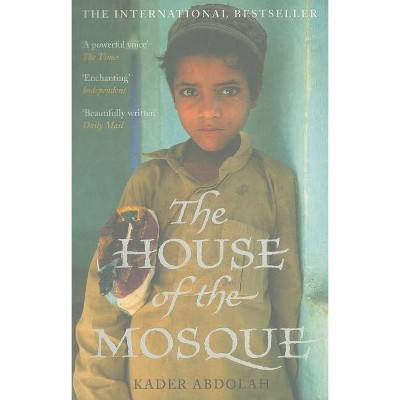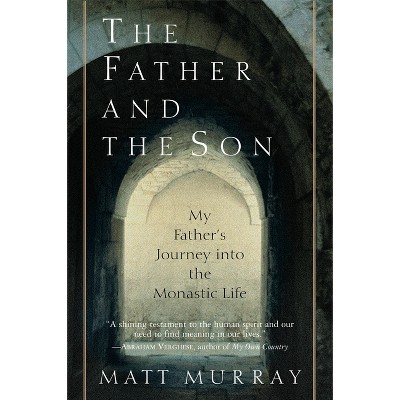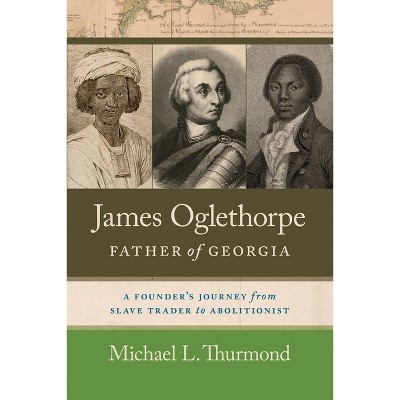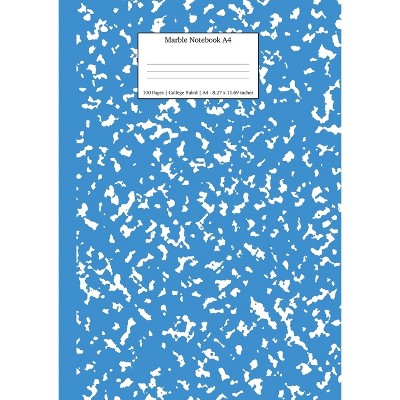Sponsored

My Father's Notebook - by Kader Abdolah (Paperback)
In Stock
Sponsored
About this item
Highlights
- Author(s): Kader Abdolah
- 336 Pages
- Fiction + Literature Genres, Literary
Description
From the Back Cover
When he was a boy, Aga Akbar, the deaf-mute illegitimate son of a Persian nobleman, traveled with his uncle to a cave on nearby Saffron Mountain. Once there, he was to copy a three-thousand-year-old cuneiform inscription--an order of the first king of Persia--as a means of freeing himself from his emotional confinement. For the remainder of his life, Aga Akbar used these cuneiform characters to fill a notebook with writings only he could understand. Years later, his son, Ishmael--a political dissident in exile--is attempting to translate the notebook . . . and in the process tells his father's story, his own, and the story of twentieth-century Iran.
A stunning and ambitious novel by a singular literary talent, My Father's Notebook is at once a masterful chronicle of a culture's troubled voyage into modernity and the poignant, timeless tale of a son's enduring love.
Review Quotes
"An abundant and lyrical novel, masterfully executed." - L'Express (Paris)
"No ordinary father-and-son tale, this beautiful and poetic work interweaves the stories of Aga Akbar, a deaf-mute carpet mender, and his son, Ishmael, with the political history of 20th-century Iran." - Library Journal
"A storyteller of utmost subtlety and natural ease." - Times Literary Supplement
"Remarkable . . . Moving, dreamlike . . . Scenes are beautifully rendered." - Providence Journal
"Myth and unlovely reality meet and mingle... Conveys the heartache of an exile who cannot help but feel a traitor." - Christian Science Monitor
"An intimate portrait... Abdolah's prose... is clean and lyrical... A sweeping novel that chronicles the tumultuous modern history of [Iran]." - Kirkus Reviews
"Wonderful... Blends contemporary realism with Persian folklore, mirroring Iran's... history through the eyes of a father and his son." - Houston Chronicle
"Beautiful and poetic." - Library Journal
"MY FATHER'S NOTEBOOK, a lovely novel, has the cadence of a fairy tale and the clarity of truth ." - Wall Street Journal
"A field guide to present day Iran... MY FATHER'S NOTEBOOK is a winning, courtly tale of Persian culture." - Buffalo News
"Moving and illuminating . . . The history of Iran in the 20th century glints through." - Publishers Weekly
Shipping details
Return details
Frequently bought together

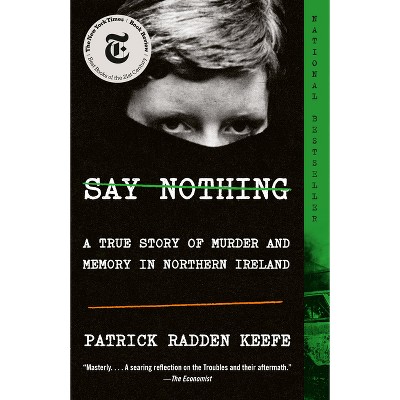
Trending Literary Fiction





